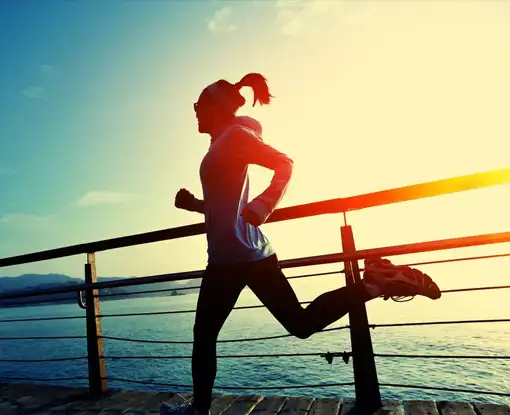Individuals
By empowering, engaging and educating our Citizens on the 17 Sustainable Development Goals and climate change impacts – decisions about what they consume, use, and buy – we will enable people to make positive climate choices at home and at work, and amplify these through their personal networks.
Being green isn’t always easy, but individual choices to live sustainably can affect global change in the fight for the planet. We can choose to walk, bike, or use public transportation instead of driving a fossil fuel vehicle. Carrying reusable bags gives us freedom from plastics. And changing to a plant-based diet is one of the most impactful actions we can take for the environment.
Another thing you can do is support the Earth Day movement, Forest Day Movement etc.

It is critical that we recognize the responsibility that each of us play in meeting the challenges that impact the future of our planet and threaten our quality of life, now and for future generations. We are committed to supporting a Citizen transformation responsibly through this Platform.
In 2018, UNEP and other partners developed Goodlife Goals. The Good Life Goals are a set of personal actions that people around the world can take to help support the Sustainable Development Goals (SDGs). They are lifestyle asks for individuals that are carefully aligned with the SDGs’ 169 targets and indicators.
With less than eight years to achieve the 2030 Sustainable Development Goals, there is a renewed urgency to examine global systems and balance human aspirations with the planet’s ability to sustain them.
United Nations: Make Contact with Nature a Human Right
Nature deprivation is a social and environmental inequality, which disproportionately impacts marginalised communities. Across the industrialised West, wealthier, whiter urban neighbourhoods are leafier (with well-funded parks and large private gardens) whereas neighbourhoods that are home to greater numbers of Black and ethnic minority communities, and low-income households, have limited access to green space.
In the UK’s most economically deprived areas, residents are nearly 6X less likely to describe their area as “green”, and children are 9X less likely to have access to green space, compared to those in affluent areas. Black British households are 2.4X more likely to not have a garden, and nearly 4X more likely than to have no outdoor space, than white ones.
Yet it is precisely these marginalised communities who need nature’s tonic most. If health is wealth, the current distribution of urban green space is making the rich richer and the poor poorer. An injection of plant life can help redress socio-economic gaps, through the free health-boosting impacts that high-quality greenery provides.
The inequality of nature deprivation demands an active intervention for social justice. The UN must hold the world’s governments accountable for maintaining a minimum level of natural space within populated areas by enshrining contact with nature as a human right.
So, what can we do? To protect present and future generations’ physical, emotional, cognitive and social wellbeing, we must enshrine contact with natural environments as a human right.
The UN must make the world’s governments accountable for ensuring that their citizens have daily contact with ecologically rich, verdant environments, alongside the other human rights provided by a fair, humanitarian society.
How green is your lifestyle – and how can you make it even greener?
Making a difference in the fight against climate change can only be achieved if we all take steps to decarbonise our lifestyles. But what does that mean in practice and what kind of impact does it make? Which areas of our lives are having a minimal effect on the climate, and where are our weak points? And, crucially, what are the next steps we can take to continue reducing our carbon footprint?
TAKE A STEP
These steps are a powerful way to reduce your carbon pollution and persuade others to do the same. Find a step that’s right for you.
170 Actions to Combat Climate Change
170 Jobs with a Purpose
52 ways to invest in our Planet
Read more….
Anatomy of Action
The Cost of Living Crisis – An opportunity to live a sustainable lifestyle
Citizen Science Guidelines
Earthday Action Toolkit

